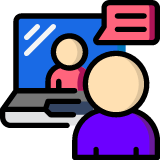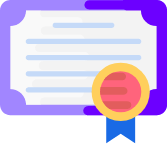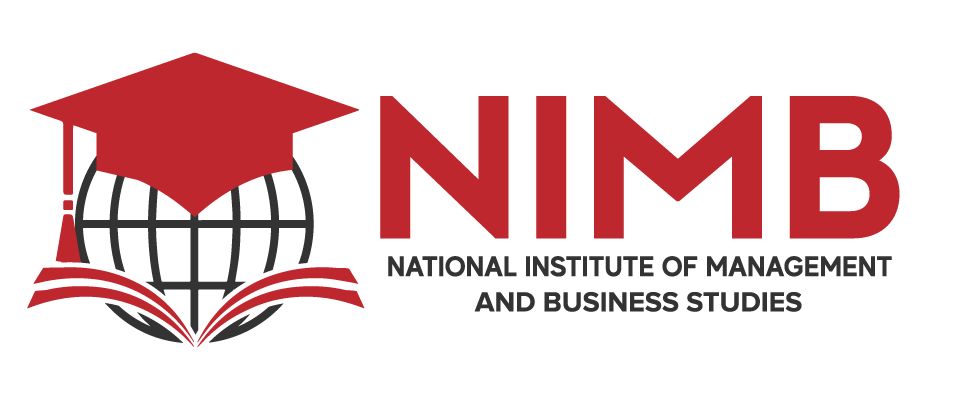Home » Basic Computer Course
Basic Computer Course
In today’s fast-paced, technology-driven world, basic computer literacy has become a critical skill for both personal and professional success. From navigating the internet to mastering essential software, understanding the fundamentals of computer usage is no longer optional—it’s essential. Whether you’re a student, a professional, or simply someone looking to stay connected, a basic computer course can equip you with the skills needed to thrive in the digital age
Introduction to Basic Computer Courses
A basic computer course is designed to introduce learners to the essential concepts and operations of computers. These courses are crafted to cater to individuals with little or no prior experience with computers. The goal is to make learners comfortable with using a computer, managing files, browsing the internet, and using basic software applications.
The course typically covers a wide range of topics that build the foundational knowledge needed to operate a computer efficiently. It also equips learners with problem-solving skills that help them troubleshoot common issues that may arise while using a computer.
Why Computer Literacy Is Important
In a world where technology influences every aspect of our lives, being computer literate opens up countless opportunities. Here are some key reasons why computer literacy is essential:
Professional Growth: Almost every job today requires some level of computer proficiency, whether it’s handling emails, creating reports, or conducting research.
Access to Information: Computers offer access to an immense amount of information through the internet, enabling users to stay informed and make educated decisions.
Communication: Computers and digital devices have revolutionized communication, making it faster and more convenient. Being proficient in computer use allows individuals to stay connected with family, friends, and colleagues worldwide.
Education: With online learning platforms and digital classrooms becoming more prevalent, students need computer skills to participate in educational activities, submit assignments, and interact with peers.
Daily Convenience: Whether you’re paying bills online, shopping, or organizing personal schedules, computers make everyday tasks easier to manage.
In short, computer literacy is a vital life skill in the 21st century. It enables individuals to remain competitive in the job market, enhances productivity, and improves overall quality of life.
Basic Computer Course Syllabus
The computer course syllabus typically covers a broad range of topics depending on the type of course you choose—whether it’s a basic course for beginners or an advanced program for professionals. Below is a general outline of the syllabus:
1. Basics of Computers
- Introduction to computer hardware and software
- Operating systems (Windows, Linux)
- File management and data storage
2. MS Office and Productivity Tools
- Microsoft Word, Excel, PowerPoint
- Email communication (Outlook, Gmail)
- Internet usage and web browsing
3. Programming Languages
- HTML, CSS, and JavaScript for web development
- Basics of Python, Java, or C++ for software development
- Database management using SQL
4. Web Development
- Creating websites using HTML and CSS
- JavaScript for interactive web pages
- Understanding Content Management Systems (CMS) like WordPress
5. Data Analytics
- Introduction to data analysis tools (Excel, SQL)
- Basic statistics and data visualization techniques
- Data analysis using Python or R programming
6. Cybersecurity
- Introduction to cybersecurity fundamentals
- Understanding firewalls, encryption, and network security
- Ethical hacking and penetration testing
7. Digital Marketing
- SEO (Search Engine Optimization) basics
- Social media marketing strategies
- Introduction to Google Analytics and AdWords
Depending on the institution, you can choose specialized courses focusing on specific fields such as web development, programming, data science, or cybersecurity.
Who Should Enroll in a Basic Computer Course?
A basic computer course is designed for individuals of all ages and backgrounds who want to improve their digital literacy. This includes:
- Beginners: Anyone who is unfamiliar with computers or technology and wants to learn from scratch.
- Professionals: Employees looking to enhance their skill set for better job prospects or increased workplace productivity.
- Students: High school, college, or adult learners who need basic computer skills for their studies or future careers.
- Senior Citizens: Older adults who may not have grown up with computers and wish to use them for personal or recreational purposes.
In short, anyone who wants to become more comfortable with using computers and digital tools can benefit from a basic computer course.
Career Opportunities After Completing a Basic Computer Course
Completing a basic computer course can open doors to a variety of career opportunities, including:
- Administrative Assistant: Handling office tasks using word processing and spreadsheet software.
- Data Entry Clerk: Managing databases and ensuring the accuracy of records.
- Customer Service Representative: Assisting customers through digital communication platforms.
- Sales Associate: Using computers to manage inventory, customer data, and online sales platforms.
- Freelancer: Offering services like content writing, virtual assistance, or basic graphic design.
While these jobs may not require advanced technical skills, having basic computer proficiency is crucial to performing them effectively.
Basic Computer Course Key Features

Live & Class Room of GST Course

Industry Recognized Certificate

Placement Assistance

Flexible Schedule
Student Reviews



Course Duration
- Duration: 300 Hours (12 Months)
- Option 1 : 2 Hours (Alternate Days )
- Option 2 : 6 Hours (Weekend Basis)
Job Opportunities & Career Options
Enquiry Form
